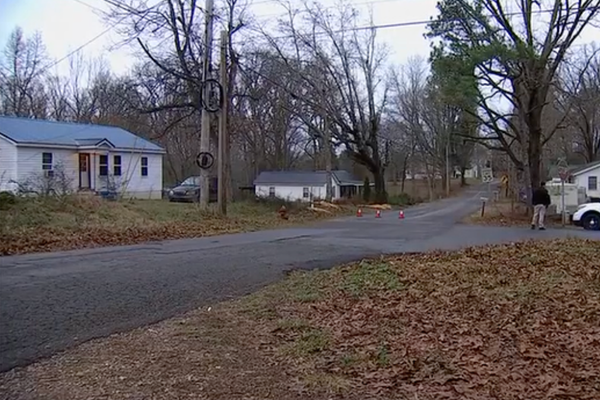
In a stunning turn of events, Israel's Supreme Court has struck down legislation that aimed to limit its powers to scrutinize government decisions. The controversial ruling has ignited a wave of criticism, particularly among right-wing politicians who had championed the reform.
The legislation in question was part of a broader plan by Prime Minister Benjamin Netanyahu's government to weaken the judiciary. The amendment would have prevented the Supreme Court from overturning government decisions on the grounds of reasonableness. However, the court deemed the change a severe blow to Israel's democratic principles and, in a razor-thin decision of eight to seven, declared it unconstitutional.
The ruling comes amidst ongoing tensions between political factions and societal divisions that threatened to tear the nation apart. Months of protests and fears of civil unrest were put on hold as Israel united in the face of a full-blown war with Hamas. However, this court decision could potentially reopen those deep wounds.
Justice Minister Yeriv Levine, a key advocate for the reform, criticized the timing of the decision, arguing that it contradicted the unity Israel currently requires. In response, Interior Minister, unnamed, distanced himself from lawmakers who included the Supreme Court in the same sentence as the country's adversaries, denouncing any association between them.
The Supreme Court's ruling was inevitable due to the retirement of two justices several months ago, with their final ruling submission deadline this month. Although controversial, the court had no choice but to address the issue promptly.
The government's attempt to curtail the court's powers had been met with fierce opposition from the public. Protests erupted across the country, with citizens fearing an erosion of democratic checks and balances and an excessive consolidation of power in the executive branch.
The Supreme Court is regarded as a crucial safeguard of democracy in a country without a written constitution. Its role is to ensure that the executive and legislative branches operate within legal boundaries. Prime Minister Netanyahu had rejected claims that the proposed reform threatened democracy but remained vague on whether he would respect a court decision against him.
The court's ruling represents a significant setback for Netanyahu, who is currently dealing with a corruption trial and backlash over his response to the recent Hamas-led attacks. However, the ongoing war in Gaza has shifted the government's focus, placing other pressing matters at the forefront of national attention.
As Israel navigates uncharted territory regarding its judiciary's future, the door is left open for further debate and potential conflicts between the government and the Supreme Court. The ruling serves as a reminder of the delicate balance required to uphold democratic principles while addressing the country's immediate challenges.







